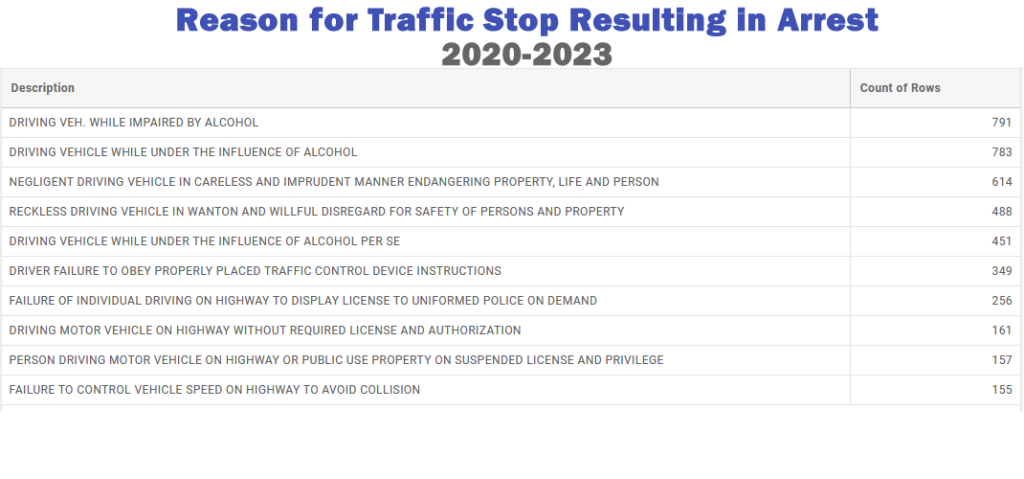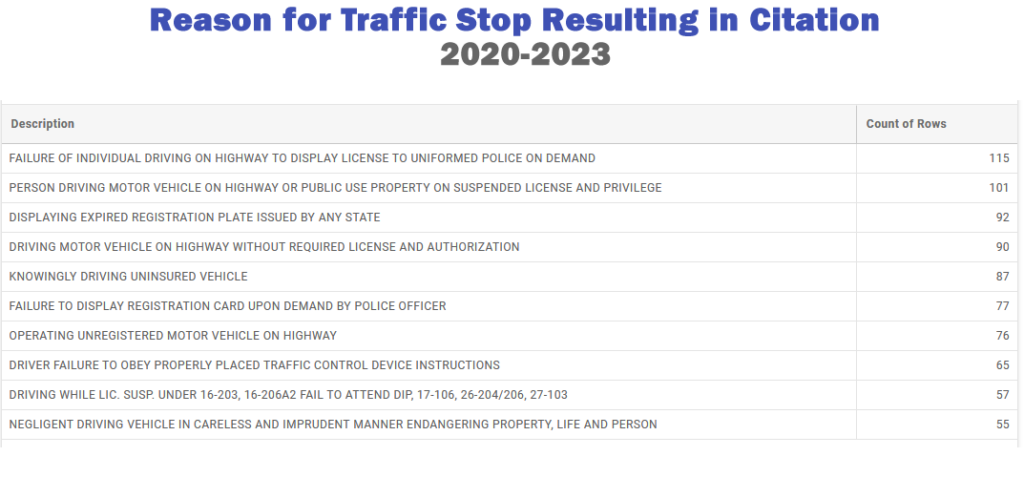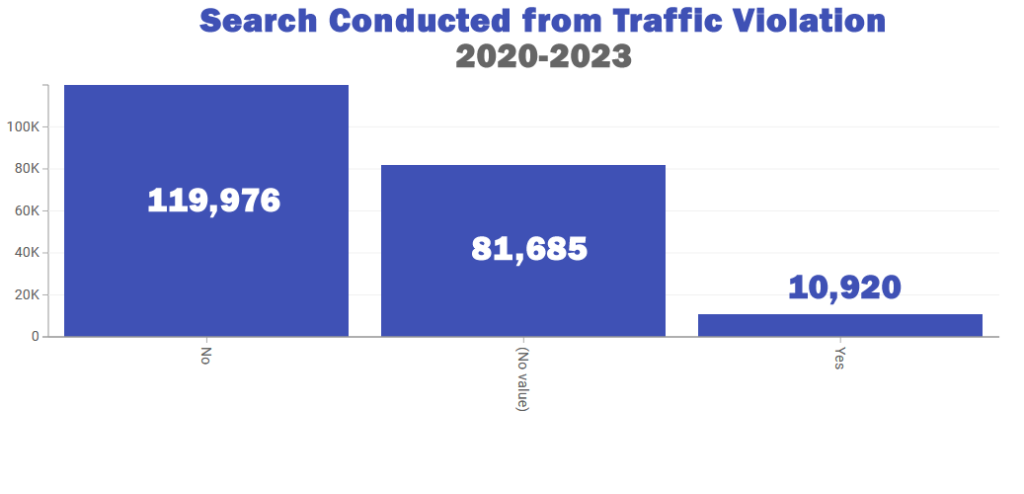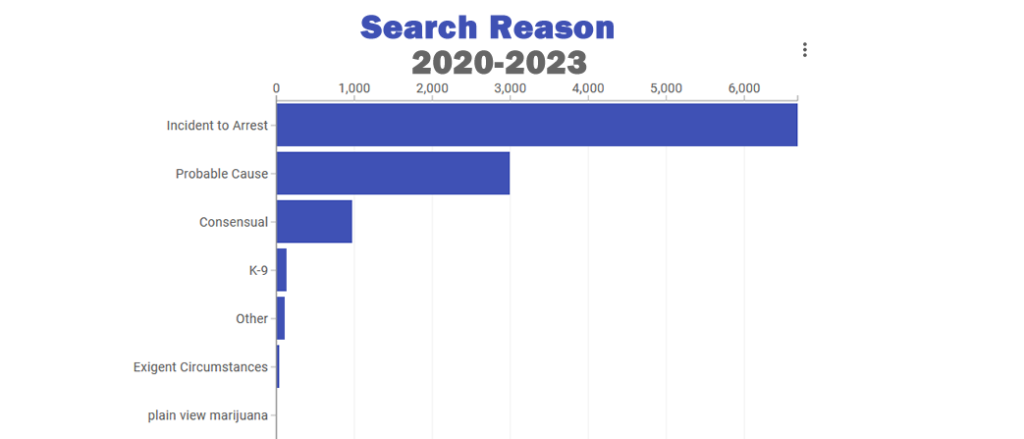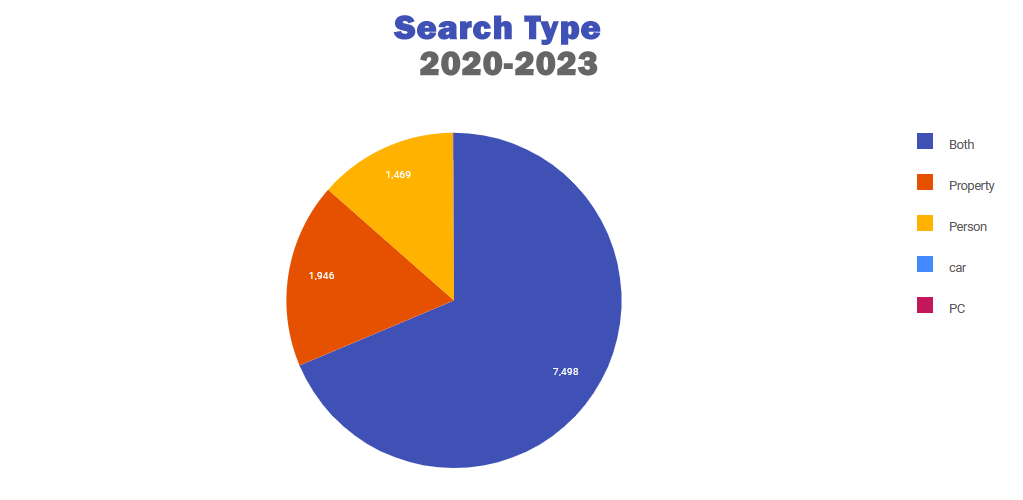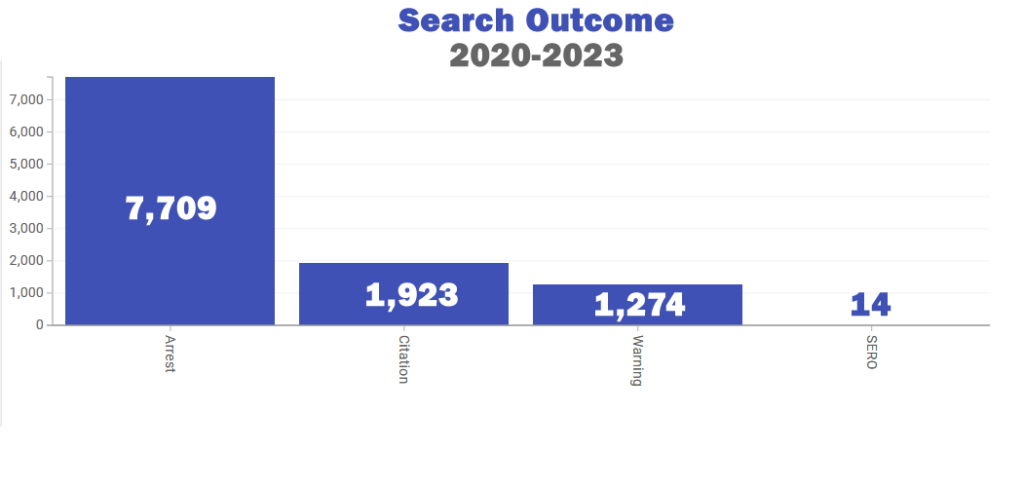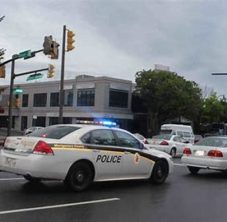The Montgomery Perspective published an article on 2/24/23 on a new bill being sponsored by CM Will Jawando and CM Kristin Mink to limit police traffic stops. Bill 12-23 would prohibit the following:
- a stop for certain traffic offenses by a police officer
- prohibit consent searches of a vehicle by a police officer
- require the collection of data and information related to traffic stops
- exclude the limitations on traffic stops from collective bargaining
- generally amend the County law regarding motor vehicle traffic policing
The new bill is a result of a belief by CM Jawando and CM Mink that there is bias and discrimination in the execution of traffic stops, and that they are used as a weapon for unjustified searches and targeting of individuals .
We decided to take a look at traffic stops from 2020 to current date 2023. This data was pulled and analyzed using Montgomery County’s Open Data Portal. The dataset used is extremely large and can not be processed by excel so you must use the online visualization tools offered by the portal.
Here are the results.
First, we looked at the reason for the traffic stop in which the traffic stop led to an arrest or a citation. This would represent the types of traffic stops in which upon the stop a negative consequence was delivered to the occupant.
These numbers are difficult to understand without some additional context. But you can see that driving without tags is not leading to the arrest of individuals.
First let’s look at the number of traffic stop that resulted in a search.
The ‘no value’ column here is difficult because maybe a search was conducted or maybe it wasnt, but it was not passed through into the record. However the important thing to note is that there the absolute minimum percentage of traffic violations that resulted in a search is 5%.
You can then look at the reason for the search. Less than 1% of these were consensual.
Then we explored the type of search that was conducted.
And then lastly, the outcome from conducting the search.
All of this data is extremely important because it leads to several conclusions.
- Impaired driving remains a significant portion of the reasons for arrest upon a search. Under CM Jawando and Mink’s bill, would the identification of impaired drivers be hampered? We can all agree that the presence of impaired drivers is a direct threat to the safety of the community.
- This bill is attempting to solve an issue that doesn’t seem to exist. The data does not show that searches are being conducted from traffic violations at a frequency that would provide evidence of bias, discrimination or abuse of police power.
Enforcing traffic violations remains a vital component to public safety. Removing them from policing function further threatens the safety and wellness of every resident.


